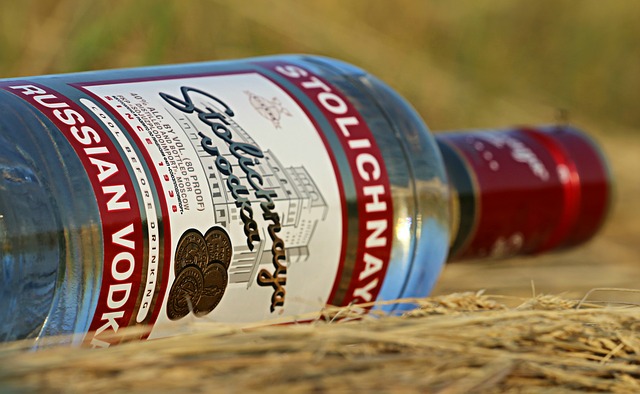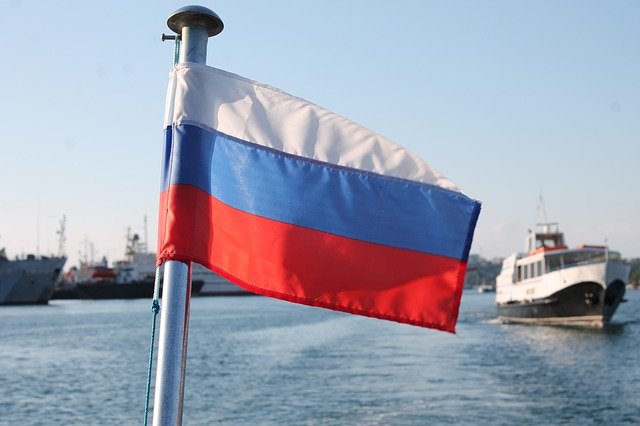“Nu vot”. I’m learning Russian
In school, you usually choose the language you want to study. Currently, you can choose from Spanish, French, German, or Russian. If we choose Russian, or if we are of the generation that was forced to learn Russian, we will invariably see the following summary.
It starts quite slowly: A, B, V, G, D…. We learn the Cyrillic alphabet by writing, but we probably won\’t be able to read the printed version right away. We must not forget the written form. Cyrillic is always and everywhere a problem for us.
“Márková. What are you doing in the free world?” – “Zimoj ja něguljaju.” The spectacular scene in the movie “Return to the Grave” reminds me of the Russian graduation exam where the only thing everyone said was that it was a walk in the park. Later, fans even skated on the pond. We probably all know a few Russian phrases. How about the movie “Kolya” or Zdeněk Svělak\’s radio speech at the subway station?
One could say that after compulsory Russian language education, English and German took the imaginary throne. Russian was forgotten for a while, but now every student can choose a language that is beneficial to him or her.
School trips. A chapter in itself. School trips to London, France, Germany, Austria, and rarely to Spain are organized. And Russia? Have you ever seen a school trip planned to Moscow or St. Petersburg? The principal is unlikely to allow this, so students learning Russian will have to accept that they will have few opportunities to use the Russian language.
Learning Russian is not difficult; it is similar in some ways to Czech. This similarity can change the words to have completely opposite meanings. For example, “thirst” is not “thirst” but “life. On the other hand, “life” means “belly.
The importance of the Russian language in this field is supported by the fact that a good translator is likely to find employment in a company, for example, since Russia is as big a player as the U.S.
The Russian language is also a very important language in the U.S., as it is the language of the Russian language.
